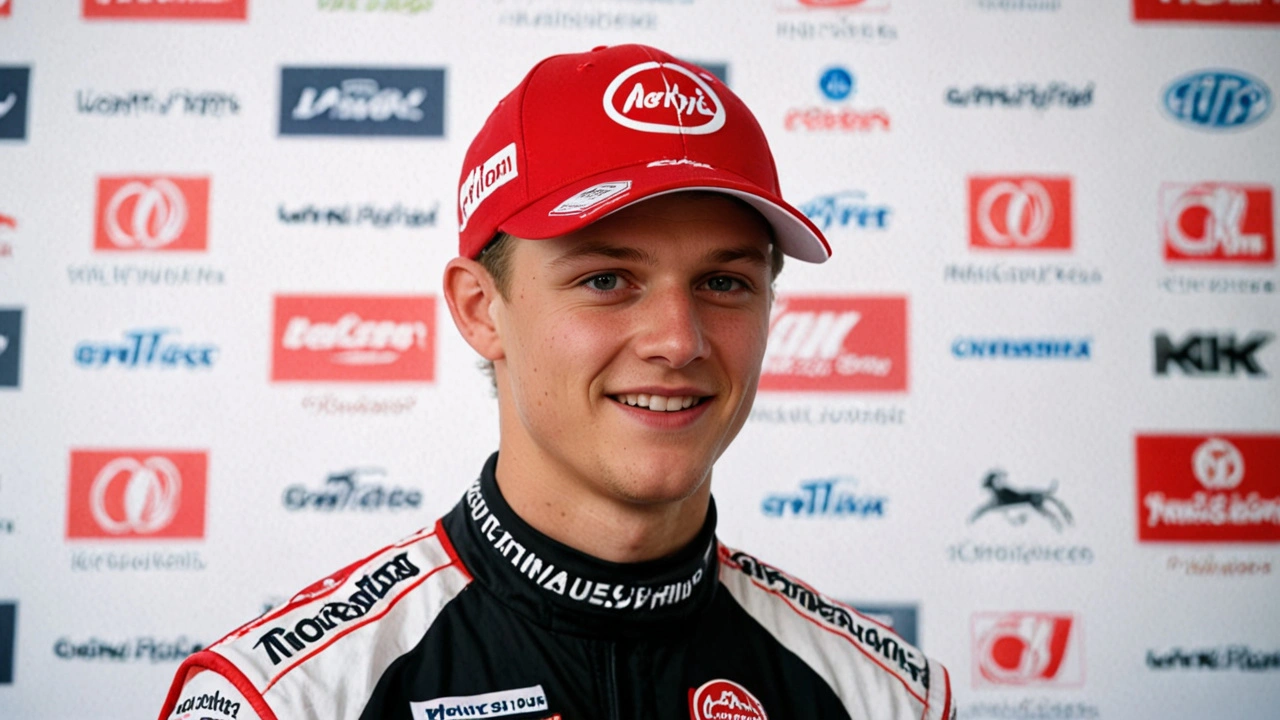F1 return: What a race back to Africa would mean
Imagine the roar of modern F1 cars echoing across a South African circuit again. A return of Formula 1 to Africa would be more than a weekend of racing — it could boost tourism, spotlight local talent, and pull global attention to the continent. Talks about an African race pop up every few years, and the idea is gaining traction again with promoters, government bodies and fans pushing for a calendar spot. If you follow motorsport or care about big events in Africa, here’s what to expect and how to stay ready.
Where could F1 race in Africa?
The most realistic candidate is Kyalami, the historic track near Johannesburg that once hosted F1 races. It has a legacy, existing infrastructure, and nearby airport and hotels. But a modern F1 weekend needs upgrades: pit complexes, grandstands, medical centres and better paddock space. Other nations could pitch temporary street circuits in capitals or purpose-built venues if they can meet FIA safety and logistics rules. Expect long talks with local governments, investors and the FIA before any firm announcement.
What a return would mean for fans and the economy
Fans get a unique chance to see top teams close to home. Ticket prices might be high at first, but organisers often offer local packages to make the race accessible. For the economy, an F1 weekend brings hotel bookings, restaurant trade, transport revenue and media coverage. Jobs appear during build-up and race week, from construction and hospitality to event operations. Cities can use the event to market themselves globally, attracting future tourists and conferences.
There are real challenges. Costs are huge — hosting rights, track upgrades and security add up fast. Transport and accommodation pressure can strain local services if planning is weak. Environmental critics will point to carbon and waste; organisers will need clear sustainability plans like carbon offsets, public transport options and waste recycling. Success depends on realistic budgets, experienced promoters and clear benefits for local communities.
How will this affect local motorsport? A big plus is investment in grassroots racing: better tracks, driver academies and technical training. Young African drivers could get more exposure and easier access to talent scouts. Local suppliers and mechanics gain experience working with top-level equipment, raising standards across the motorsport scene.
When might it happen? Timelines vary. Even with strong interest, expect at least two to four years of planning from initial talks to a race weekend. Watch for announcements from national motorsport bodies, government tourism boards and the FIA calendar updates. Social media and local news are good early signals.
If you want to stay updated, follow official F1 channels, your national motorsport federation, and Africa-focused sports pages. Sign up for local event newsletters and compare travel options early. When the day comes, an F1 return to Africa would be a big deal — and you’ll want to be ready to join the crowd.
Bookmark this page and share the updates with fellow race fans.
- July 17, 2024
- Comments 16
- Sports

